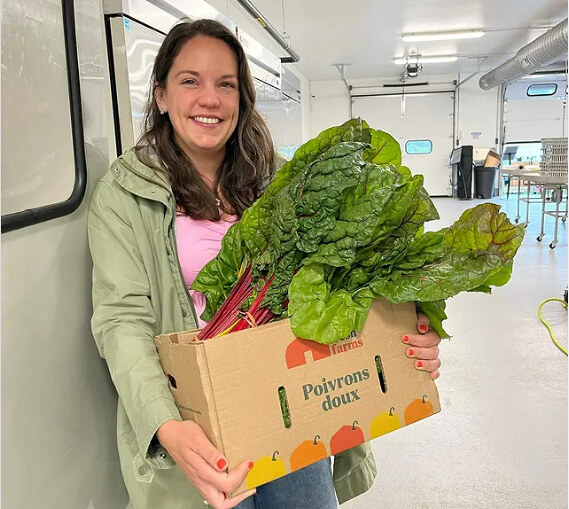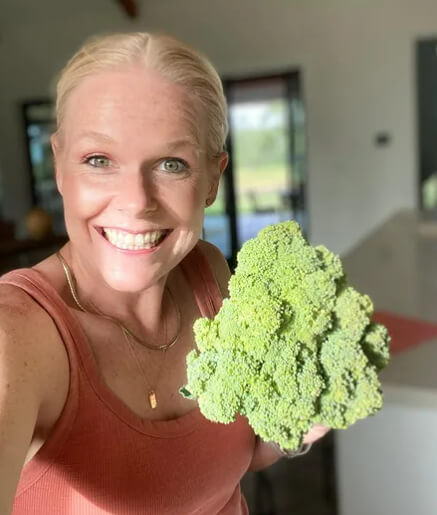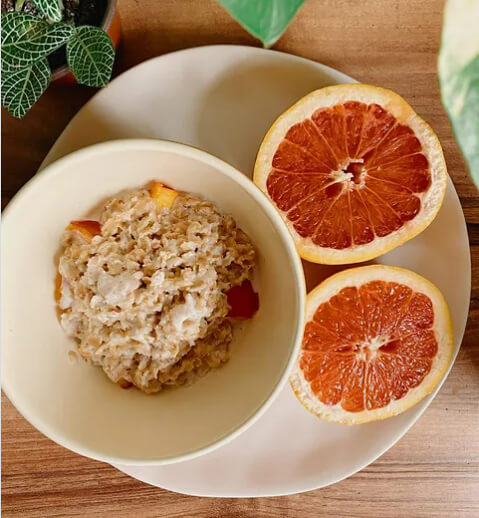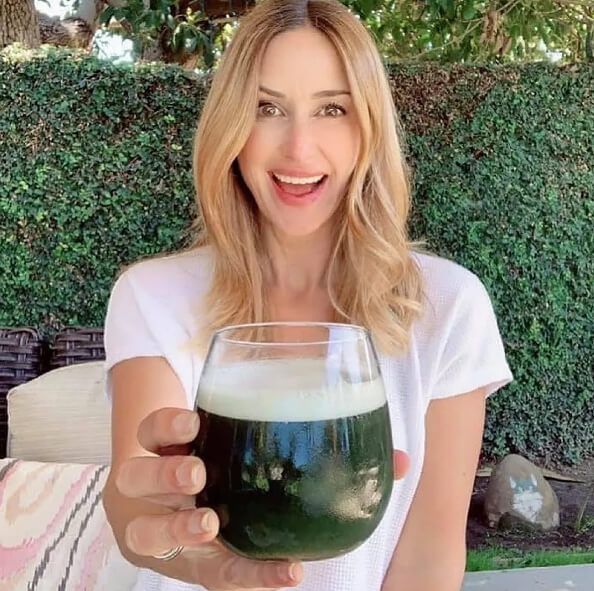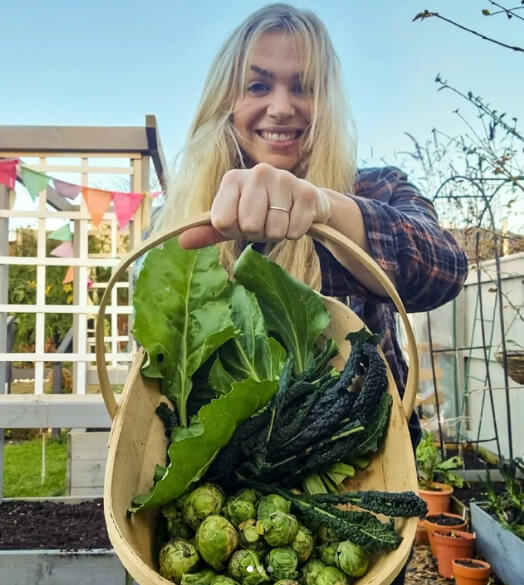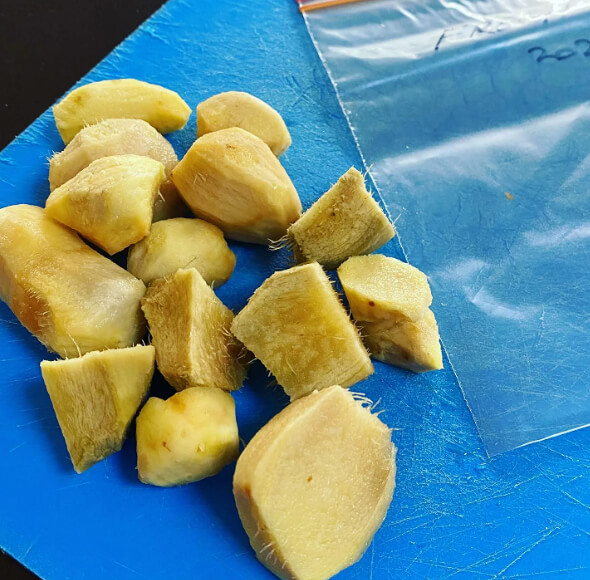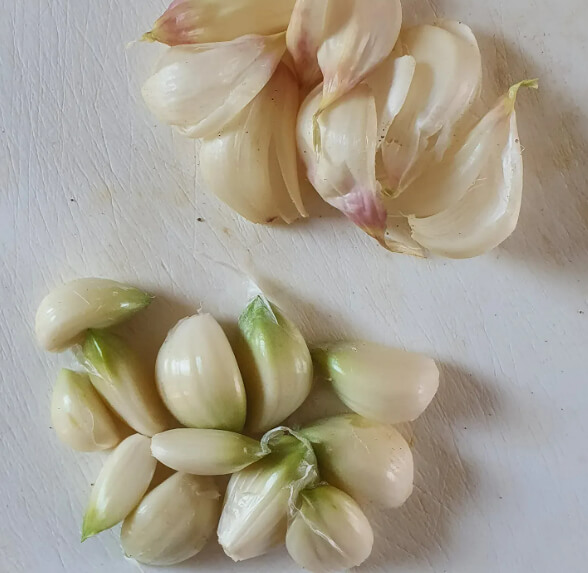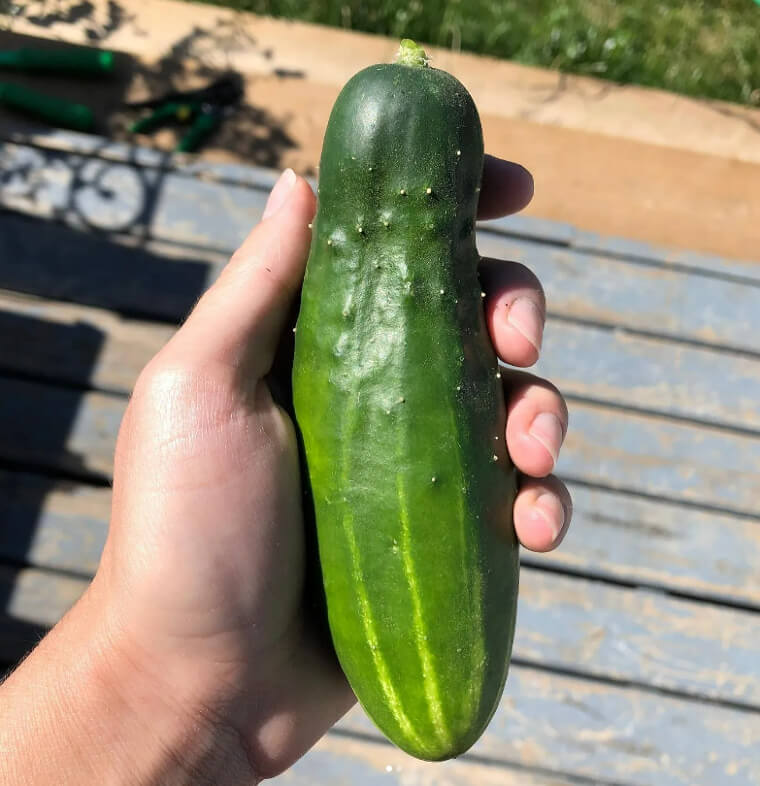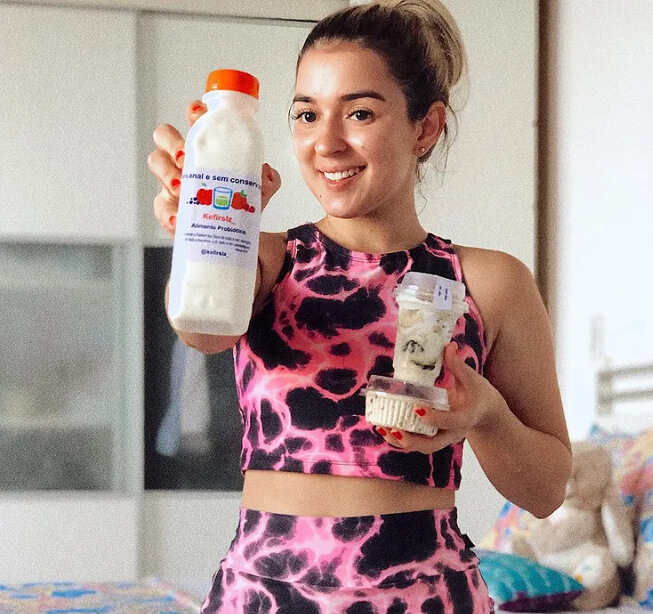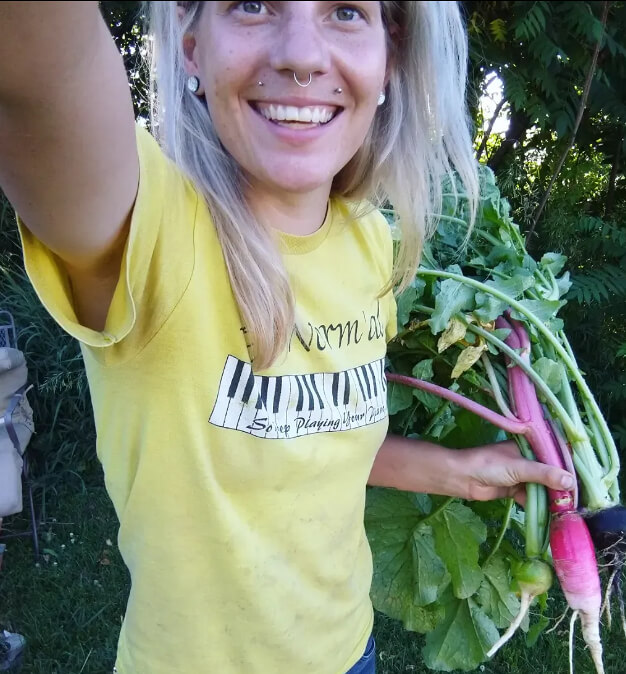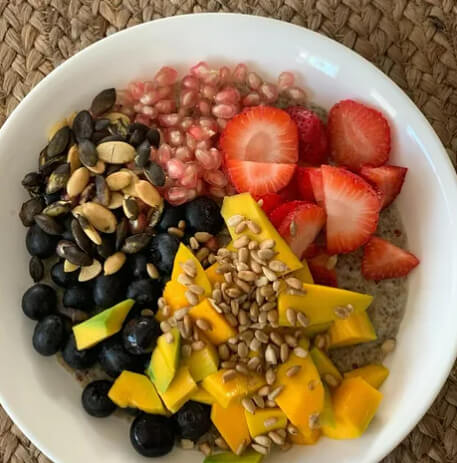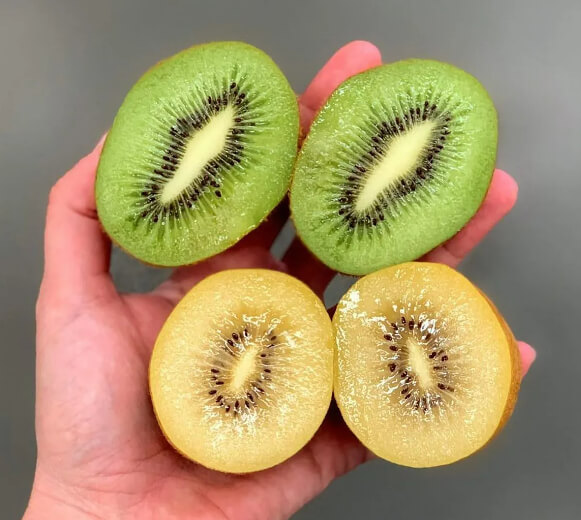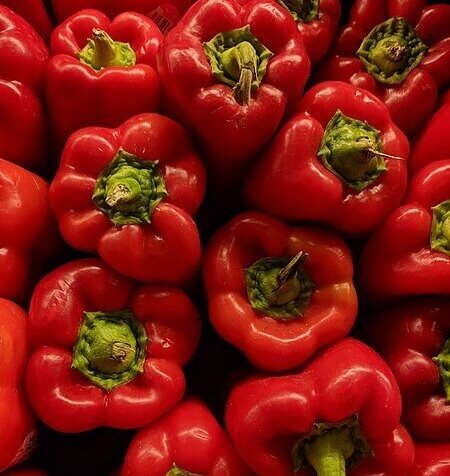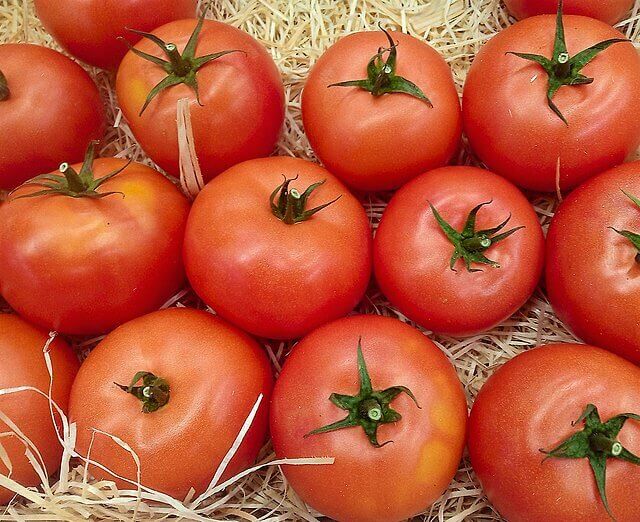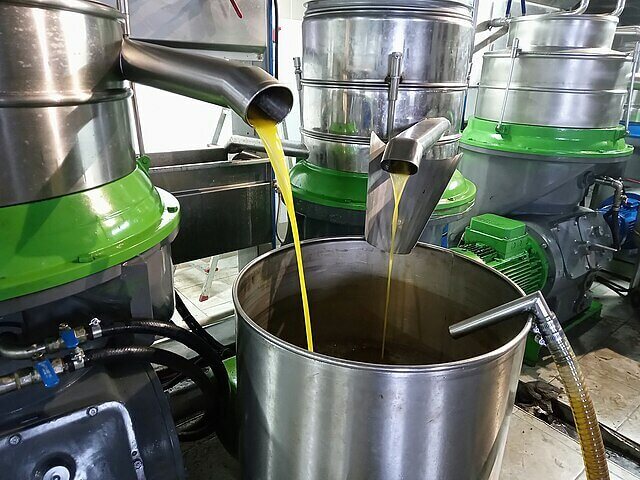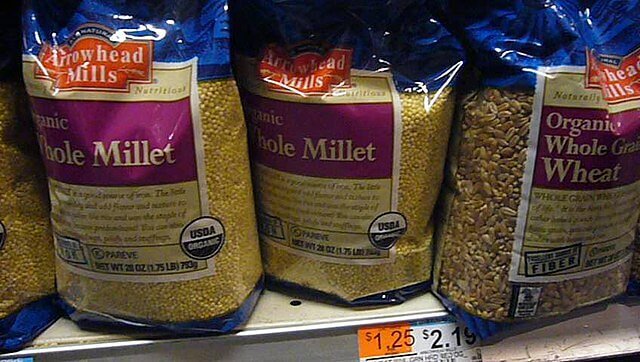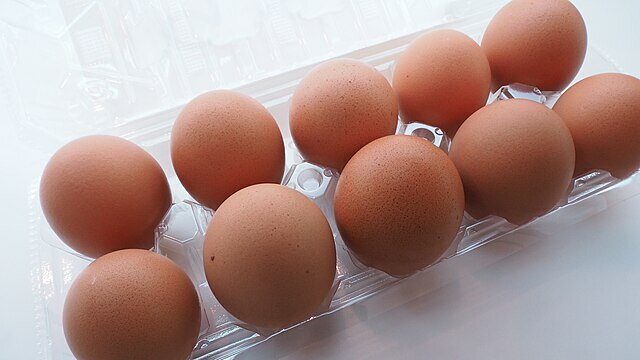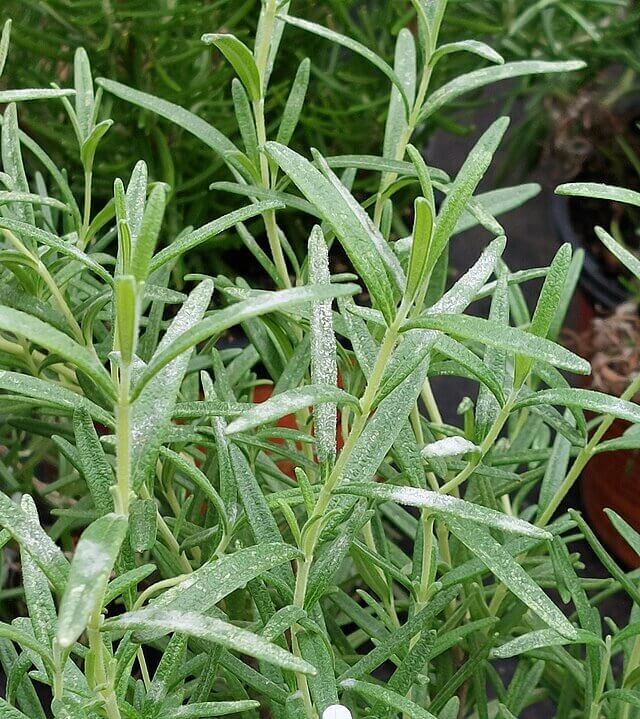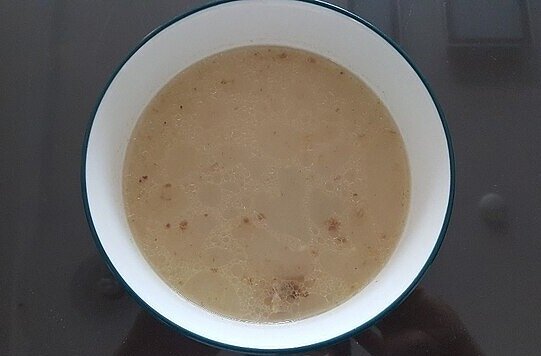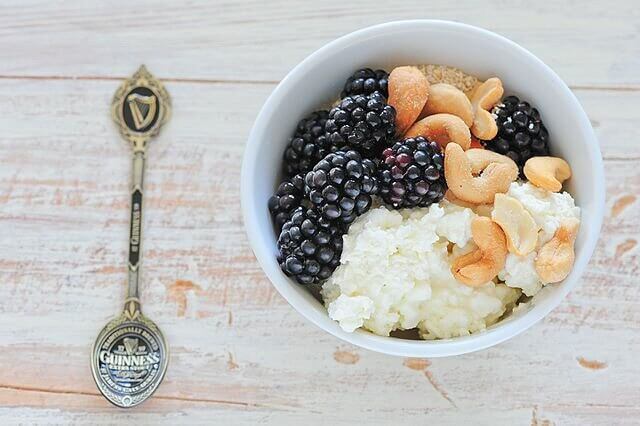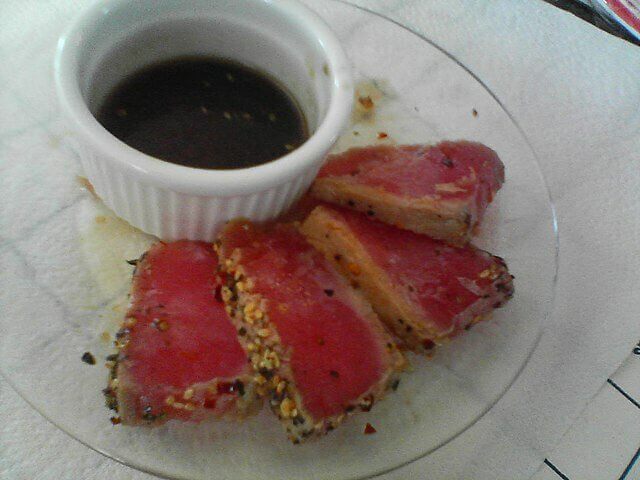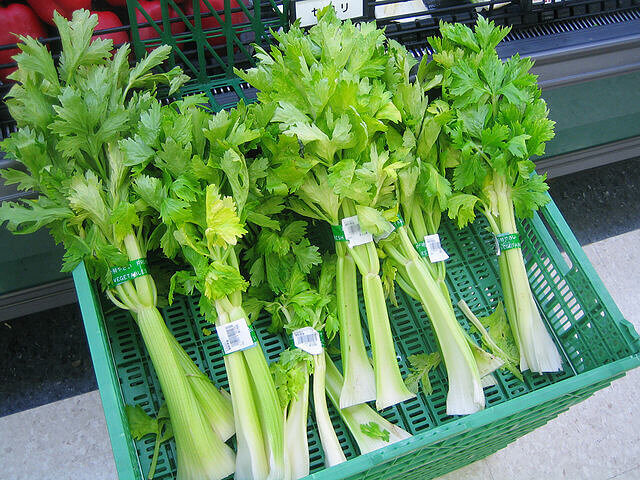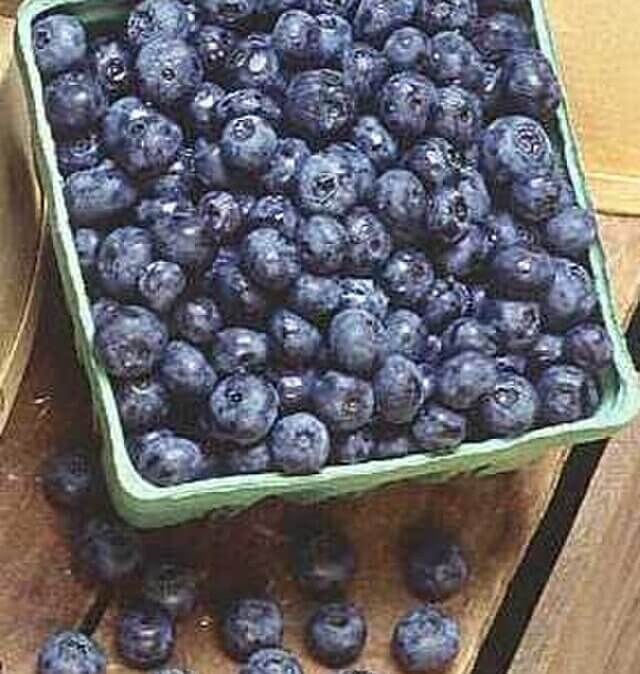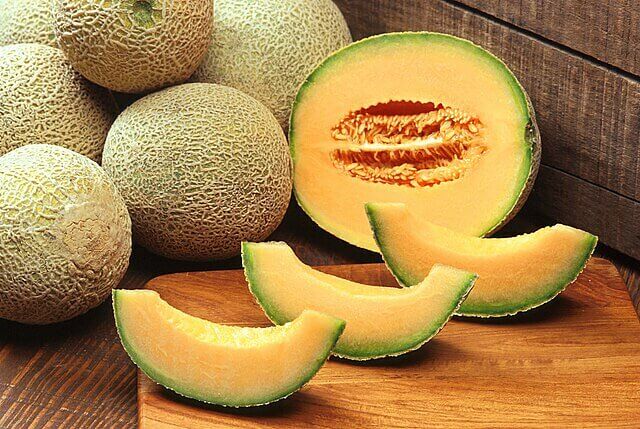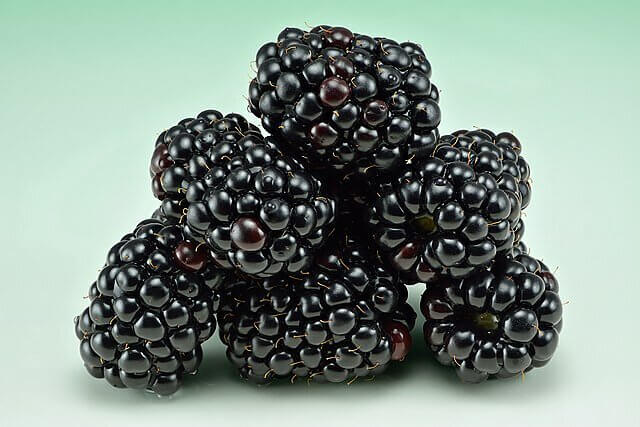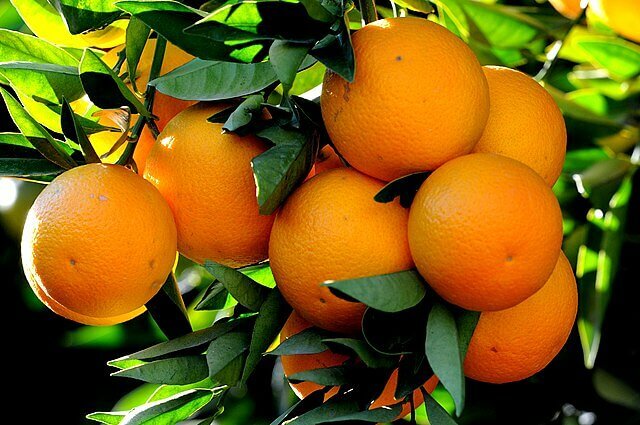Strawberries
Strawberries are an anomaly for a number of reasons. Yes, they have a high sugar content, but most other fruits do as well. Where they shine is that they contain more vitamin C in one serving than you can find in one orange. Plus, they're loaded with a type of antioxidant called polyphenols. These antioxidants are found naturally in a number of plants, and in the long term, they help cells resist harmful pathogens like cancer.
Another great thing about strawberries is just how versatile they are. You can find them in salads, smoothies, desserts, or just on their own as a special treat!
Salmon, Tuna, and Other Oily Fish
If you're not one for seafood, this tip might not apply to you, but many people get a lot of the nutrients they need from eating oily fish each week. Salmon, tuna, sardines, and other oily fish are a great source of omega-3 fatty acids that any conscious eater would enjoy. This will regulate your hormones, and help prevent blood clotting, inflammation, and a number of other issues. Most doctors suggest having one serving of fish per week.
You also can get some of those essential omega-3 fatty acids from plant-based products. Nuts and seeds, like walnuts and chia are a great source of omega-3's, as are oils created from these nuts.
Leafy Greens
People usually associate spinach with the beloved cartoon character Popeye, but models enjoy a nice leafy green too. Salads, and lettuce in general, are a great way to keep your body feeling full without overloading on empty calories and saturated fats, an essential part of staying fit. Plus, whether you're eating romaine or iceberg, those leaves are mostly water, and you'll be adding some great vitamins, folate, and iron to your diet.
Folate, as mentioned above, is a B-vitamin that promotes healthy cell growth. It's very important for pregnant women to get enough folic acid in early pregnancy as this will promote cell growth in the fetus and reduce the risk of complications later on.
Broccoli
When ships used to depart from Europe and sail to the New World, sailors had to deal with a particularly brutal vitamin deficiency called scurvy. The disease comes about when someone doesn't have enough vitamin C, which we usually associate with citrus fruits. However, did you know that broccoli is also an excellent alternative to get your body the vitamin C it needs? Plus, it's shaped like a little tree!
Broccoli also contains a high amount of sulforaphane, which can help your body activate antioxidants and fight off disease. Just make sure to steam or stir-fry the broccoli, as other types of cooking can reduce nutrients by more than 25%.
Cauliflower
Some people just can't get behind cauliflower. We're not sure if those folks are just broccoli purists, or if their diets just aren't variable enough to try out a new vegetable, but regardless, they're missing out on some delicious food, and some killer health benefits. Cauliflower heads contain both antioxidants and phytochemicals, which together will help the body combat illnesses. One serving only contains about 25 calories, and they're a great replacement for potatoes or meat in vegan and healthy dishes.
One of our favorite things we've tried recently was cauliflower buffalo wings. By frying large chunks of cauliflower like one would a chicken wing, and then tossing the pieces in sauce, you've got a fast, healthy, and delicious bar food alternative.
Sweet Potatoes
Sweet potatoes and yams are often mistaken for one another, but maybe we can help clear that up now. Yam is a root, more akin to a turnip, and sweet potatoes are fleshy, rich, and come in a spectrum of colors from white to purple. Regardless, sweet potatoes are a great food for someone who wants to eat but still watch their figure, since they contain high levels of the antioxidant beta carotene.
The beta carotene antioxidant can help your body produce more vitamin A, in turn protecting your skin from harmful UV rays. It is also good for your eyes!
Grapefruit
It may seem counterintuitive to say that grapefruits can stimulate weight loss more so than other, smaller fruits, but this is because of the various health effects that grapefruits alone have. They stimulate weight loss by regulating blood sugar, which then helps you stay feeling fuller for longer, keeping hunger at bay. Plus, we've already discussed the long-term effects of ingesting high amounts of vitamin C, like lowering your chances of developing cancer.
If you're like us, the hardest part about adding grapefruit into your diet is actually finding a ripe grapefruit when you go to the store. A good rule of thumb is that the juicier and readier a grapefruit is, the heavier it will feel relative to its size.
Spinach
Popeye the Sailor Man always knew what he needed to do to become big and strong. He'd crack open a can of spinach, and down the whole thing. So while we don't suggest getting it from a can, if you're eating spinach, you're already on the right track. Spinach contains a whole spectrum of vitamins and nutrients that benefit the immune system, your vision, and can even help reduce cancer rates and blood pressure.
Raw spinach is also almost as water-heavy as celery, so you can eat it by the truckload without worrying about weight gain. Careful though, fresh spinach goes bad very quickly.
Kale
Kale has been around for thousands of years, but it only became a health craze about a decade ago when people realized just how many benefits this leafy green has. Kale is not only light on calories, but it's heavy on protein for a vegetable, containing almost three grams of protein in just one cup. Plus, like fatty fish, it contains omega-3 fatty acids, which makes this an excellent choice to round out any vegetarian or vegan diet.
When we're making kale, we prefer not to dilute the flavor. Just a little extra virgin olive oil, some salt and pepper, and pop that kale in the oven for a bit and you've got delicious, salty, crunchy kale chips.
Ginger
Ginger is one of the most versatile ingredients any chef can have in their arsenal. It can be used in teas, dishes, and desserts, and can be served hot or cold. Chinese healers and medicine makers have also been using the root for almost 3,000 years, as they believe it has certain antioxidant, anti-inflammatory, and healing properties. Plus, since ginger is a root, it stays fresh for long periods of time.
One of the most interesting studies done recently involving the health benefits of ginger claims that ginger can help aid other anti-inflammatory medicines and vegetables and, if used correctly, in the long term can prevent the onset of Alzheimer's disease.
Turkey
Turkey is the bodybuilder's choice when it comes to meat. This loud, rowdy bird makes for great eating at the end of the day and has less fat and fewer calories than its competitors chicken and steak. Plus, there are a million ways to eat turkey, and almost all of them are readily accessible year-round. There's turkey breast, turkey burgers, sliced turkey for lunch, and of course, we can't forget about turkey bacon!
Turkey is also high in minerals and vitamin B. They also contain high levels of selenium, which helps protect your DNA from cell damage, or harmful infections.
Garlic
If you were ever a novice chef, you might've misread a recipe and mistaken cloves of garlic to mean heads of garlic. We made that mistake once, and those were the most garlicky mashed potatoes we'd ever eaten. But, no one got sick for weeks afterward. Why? The garlic of course! While the classic joke is that eating garlic will give you bad breath and keep people away, it's actually an awesome health booster.
Garlic is loaded with vitamins and minerals, including vitamin C, potassium, calcium and magnesium, so a lot of people believe it to be an effective treatment for the common cold.
Mushrooms
If you're going to be experimenting with mushrooms over the next few weeks, make sure you know what you're getting yourself into. For example, you don't want to use a delicate, young mushroom– like an oyster mushroom– for a beef-style dish that would normally require a shitake mushroom. See what we did there? Anyway, mushrooms are one of the most versatile foods out there, and the different varieties all have their own special flavor profiles and dishes that uplift them.
If you want to get the most out of your mushrooms, scientists say you should eat them raw. However, we really enjoy cooking ours down with onions and garlic to make a nice, Italian style pasta.
Unprocessed Teas
Even though we like to think of tea drinking as a safe alternative to coffee drinking, with a more natural result, a lot of the time this claim is just hogwash. Most commercially manufactured teas are just as processed as coffee, with just as much caffeine. That's why if we're drinking tea, we try to stay away from the processed stuff and just drink a cup of straight, clean, green tea.
Green tea leaves contain very little caffeine, so even with a long steep your cup isn't going to be tantamount to a cup of coffee. Plus, the antioxidant catechin is a powerful antibacterial agent and is found in large amounts in green tea leaves.
Cucumber
Like celery, spinach, and other fruits and vegetables with high water content, cucumbers contain a very small amount of calories. The average cucumber will have almost 95% of it's weight represented by water. This means that adding cucumbers to salads, sandwiches and meals will not only hydrate you but will also allow you to eat more and have it count for fewer calories. Plus, they're full of useful vitamins that your body is going to thank you for eating.
Cucumbers may not add as much flavor to a dish as tomatoes, but they're still a great source of vitamin K, and vitamin A, which is known to be extremely beneficial for your eyesight.
Kefir
Kefir is a drink that originated in the Caucasus mountain range in Eastern Europe. It's consistency is somewhere between that of a milk, and of a yogurt, and it's made from special kefir grains that supposedly have healing properties. This fermented drink uses live cultures of bacteria to give the person drinking it a heavy dose of probiotics, almost like kombucha, which will then in turn improve the person's digestive function.
Researchers are attempting to verify whether the drink can actually prevent disease, but it definitely has some profound health effects. This culture of milk and grains can help reduce inflammation, fight bacteria, and improve probiotic help.
Radish
Radish is one of those classic vegetables that almost always looks exactly like you would draw it. These little red roots are a bunny rabbit favorite, and it's easy to see why. Radishes have a spicy flavor, a crunch texture, and a broad variety of uses, from salads to sandwiches. Plus, a whole cup of radishes has less than twenty calories, so you can crunch away to your heart's delight without ruining your diet!
On top of all of those benefits, radishes also are high in vitamin C. Plus, if you're looking for a way to brighten up a dish, you can use radishes as a cute but edible garnish.
Sunflower Seeds
If you ever played baseball, you know that spitting sunflower seeds is enough fun that you can waste an entire afternoon fixated on it. You have to take the shell, crack it between your teeth, extract the tasty seed, and then spit the refuse, all in one smooth motion. It seems like child's play, but once we realize that this can help lower cholesterol and blood pressure levels, maybe some adults will get back into it too.
Just as a side note, however, there isn't a dependable way yet to shuck thousands of sunflower seeds at once. So, if you're going to go buying a bag, buy one with the shells still on.
Honey
Have you ever seen a video online of someone smoking out a beehive, and then they just grab an entire raw honeycomb and take a bite out of it? It looks pretty crazy to see for the first time, but not only is raw, fresh honey delicious, but it's great to promote healthy mucus growth on the cilia in your esophagus. Plus, raw honey without any preservatives will never go bad!
When you start buying the factory-produced and chemically treated honey at the grocery store, you'll still get some of the same health benefits, but you're missing out on the best part: the taste.
Almonds
Almonds are a fun nut to eat, and they've got a fun name to say as well. Plus, these little nuts are an excellent source of vitamin E, and they contain a number of nutrients, including magnesium, fiber and manganese. The fiber in almonds can help ease constipation, and the other nutrients can help regulate a person's blood sugar. Plus, these little things are so tiny, a few handfuls is not going to affect your weight!
Almonds, and other nuts, are also high in protein. So, if you need a midday snack that will give you some energy to take on the afternoon, almonds might be your best bet!
Kiwi
There's this adorable little flightless bird that's native to New Zealand and it's called a Kiwi. Because of the New Zealander's affinity for it, they're also called kiwis. But, you're not going to get many health benefits by trying to eat either of them. The actual kiwi fruit however, is loaded with nutrients, and should be a staple in everyone's kitchen (if you can easily source yourself some kiwis that is).
Kiwis are low on calories and high on nutrients and vitamins. Their high level of vitamin C puts them on par with oranges and limes in preventing colds (and scurvy).
Red Bell Peppers
Bell peppers are just the best. They're one of our favorite vegetables, and it's not often we find anyone who disagrees with us. Plus, they have twice as much vitamin C as citrus fruits do, and barely any of the sugar content. Their antioxidant qualities are also well-documented for helping to combat free radicals in the body, which can help prevent heart disease, Alzheimer's, and other serious conditions in the long term.
Some people have trouble digesting the skin of uncooked bell peppers. But, if that's the case for you, you can always steam these vegetables in with whatever else you're cooking.
Chicken Soup
If you were feeling sick, but then you decided to eat a piece of chicken, a few vegetables, and some noodles, and then drink a mug of tea, chances are you wouldn't feel much better. Sure, maybe you wouldn't be hungry anymore, but you're not doing anything to fix your cold. But, if you put all those ingredients together, and boil them into a yummy chicken soup, you can help yourself get better in no time!
Recent studies were done at the University of California Los Angeles annd they found anti-inflammatory properties in chicken soup akin to other so-called "super foods."
Water
If you grew up in the late 90s or the early 2000s, chances are Adam Sandler already taught you all about the health benefits of water. But, if you're unfamiliar with the character of Bobby Boucher, we'll give you a refresher. Drinking water hydrates your cells, keeping them working at full capacity. It also stimulates digestion, can flush bacteria from your bladder, adds synovial fluid to cushion your joints, and can help regulate your body temperature.
Apparently, 80% of illness in the developing world is related to poor water access, and drinking contaminated water can cause diarrhea, typhoid, cholera, or worse.
Ginseng
If you're a regular drinker of ginseng tea, you might already know what we're about to tell you. Of course, you might also just really like the taste and have no idea that what you're drinking is hugely beneficial for your health. Ginseng was used in a number of ancient medicines and recipes and is still believed today to be a useful treatment for respiratory infections and the common cold.
There are two main types of ginseng: American and Chinese. They are both true ginseng plants, but each has its own specific, individual properties. The American version is less potent.
Tomatoes
So, we're still not sure how we feel about these incredible vegetables being labeled as fruits, but, that doesn't change the fact that tomatoes are one of the healthiest foods out there. Tomatoes have a high concentration of vitamin C, which is great for your immune system. Plus, since there are so many different types of tomatoes, you should easily be able to find a few that are available fresh in your area and fit your specific palette.
Here's a men's health fact for you too: tomatoes are one of the richest natural sources of lycopene, which is an essential nutrient to keep the prostate healthy.
Extra Virgin Olive Oil
Sorry for the pseudo-sexual title, olive oil just gets us excited. When you're headed down the aisle to choose a new oil, try to reach for a bottle of extra virgin olive oil instead of the so-called "pure" stuff. Extra virgin oil is cold-pressed, so the olives' natural qualities aren't manipulated in any way. However, this also gives the oil a very low smoking point, which means it's likely to burn if you use it for cooking.
Still, if you keep a good extra virgin olive oil in the house and use it to dress salads, or sautee veggies over low heat, you'll be giving your body an essential boost of fatty acids and boosting your immune system in the process.
Whole Grains
When people go on crusades against gluten and grain, it always feels a little cringey to us, because it feels like they're missing the point. And we know, there are people with celiac disease who physically cannot digest gluten, however, for the rest of us we could very easily replace the refined, chemical grains in our diet with healthy whole grains instead. Flour and bread made from whole grain will contain all three edible parts of the wheat plant, which is much, much healthier for you.
Keep in mind, 70% of the bodies immune system is located in your gut, so you're going to want to keep your stomach healthy if you want the rest of you to feel good too.
Eggs
Scrambled or over easy, hard-boiled or soft, you really can't go wrong when it comes to making eggs. Chicken eggs contain a high amount of vitamin D, a crucial nutrient in our immune system. Plus, if you're trying to put on some muscle, eggs are a much healthier alternative than meat, as they provide a large amount of protein in a small package, and don't contain the same harmful fats that most meats do.
If you're really trying to diet, maybe try to eat egg whites instead of whole eggs. The yolk is the fattiest (and tastiest part), but you can still make great dishes with just egg whites.
Rosemary
Rosemary is not only easy to grow, but it's easy to fall in love with as well. This versatile herb has been used by medicinal healers for centuries and adds a punch of flavor to any dish that it's added to, including stews, broths, loaves of bread, and desserts. The trick is that rosemary is high in antioxidants, so it can be used to boost your immune system, and general gut health.
There are a number of specific vitamins in rosemary that make it so beneficial as well, including vitamin A, vitamin C, vitamin B6, fiber, magnesium, calcium and iron.
Stock
As far as cooking goes, making a real, traditional stock is about as easy as it comes. You add bones to liquid, boil it for a while, and voila. Of course, there are ways to spruce the stock up, like adding vegetables and spices. However, by boiling bones, you extract a lot of the good flavor in their marrow, in turn creating a soup that is rich in collagen and protein, and as tasty as could be.
The broth is the most important part of a chicken noodle soup, which is why many people assume the dish has so many health benefits.
Oysters
So many people only know of oysters because of their supposed sexual-prowess improving capabilities. However, on top of being an aphrodisiac, oysters are also a great way to get your body the zinc it needs. They're also rich in vitamin A, vitamin C, and vitamin D, as well as vitamin B-12, which is essential for helping people to lose weight and keep their minds sharp. But, since oysters are expensive, we don't expect this will be an everyday thing.
If you don't have any oysters available locally, or you don't know how to shuck them (don't try without learning first, you'll cut yourself), there are a number of other seafoods with similar health benefits.
Cottage Cheese
We can never understand when people come out and proudly say that they don't like cottage cheese. First of all, these people are missing out on one of the greatest health foods out there. And second of all, they're probably just not being creative enough with what toppings they're putting on the cheese! We like to eat ours with berries or a splash of honey, although scooping it into a canteloupe and having it that way is great too!
Cottage cheese is a low-fat but effective way to get your daily recommended doses of protein, calcium, phosphorous and vitamin B.
Tuna
Tuna is eaten all around the world, and when it's fresh it is one of the best sushi fish there is thanks to its high fat content and general oiliness. Like Salmon, tuna is a great way to get omega-3 fatty acids into your diet without ingesting any processed and saturated fats. However, you're going to want to make sure you're eating fresh tuna as opposed to the canned stuff if you want the health benefits.
Canned tuna is usually very high in salt, and preserved in oil, so it does not carry the same overall health benefits that a fresh piece of fish would.
Tea
We've already discussed the health benefits of green tea and ginseng, but what about other, more easily accessible teas? Depending on where you get your tea leaves, how long you leave them to steep, and how much tea you're drinking each day, different varieties like oolong, white tea, and chai will have varied effects. For example, white tea lowers your risk of cancer, oolong stimulates fat burning, and chai tea reduces blood sugar levels.
On top of those various benefits, when you're drinking tea you're really drinking water. So, if you make a habit to keep the mugs of tea coming throughout the day, you'll probably become very hydrated.
Celery
Alright, so maybe it's not the most exciting food. Like cucumbers, celery is almost 95% water-based. However, that doesn't mean it's no good for you. Eating a few celery ribs every few days provides you with a great deal of fiber, plus a good amount of potassium and 30% of your daily requirement of vitamin K. But, it goes bad fast so if you're planning on getting the health benefits you want out of this vegetable, eat it soon after buying.
One of our favorite ways to eat celery growing up was called ants on a log. You take a piece of celery, fill the middle with peanut butter, and then place little raisins on it like ants on a log.
Blueberries
Picking wild berries is one of the most exciting things at any age. You get to bring home bushels of fresh fruit, and every time you get to sneak a berry off the bush, you feel like you're getting away with something. That's why our favorite fruit to pick is blueberries: no one is going to notice just one missing! Plus, it only takes a small handful of blueberries to give you some incredible health benefits.
Moreso than any fruit, blueberries are incredibly high in antioxidants. They're also extremely high in fiber, which will promote positive digestive health, as long as the other foods you're eating aren't causing constipation.
Cantaloupe
Cantaloupe is a great accessory food for anyone on a weight loss journey because it lends its flavor to anything it is paired with and doesn't add many calories to a dish. That's why we suggest scooping out the middle and adding some cottage cheese, and then using the canteloupe like a little orange bread bowl. That dish will give you a double whammy of health benefits, and probably keep you full for a few hours too!
Cantaloupe has more beta carotene, the chemical that promotes healthy eyesight, than almost any other fruit. Plus, since a canteloupe has high water content, there are very few calories in a single serving.
Blackberries
We've discussed the various benefits of different types of fruits and vegetables throughout this article, but blackberries are the only ones on this list with the documented ability to help your skin stay looking younger. Apparently, the antioxidants in blackberries are particularly adept at fighting off free radicals, which attack your skin cells and can accelerate the aging process. So, by eating a handful of blackberries every day, you'll not only keep your skin fresh, but you'll be getting plenty of Vitamin C.
Blackberries also contain both soluble and insoluble fiber, so it's great for maintaining blood sugar, and promoting healthy digestion.
Oranges
While almost everybody knows that oranges have loads of vitamin C, very few people know of the fruit's other added benefits. For example, the vitamin C we get from oranges usually helps our bodies create collagen, which keeps our skin looking clean and bright. Oranges are also low in calories, so they can be a perfect snack to make yourself full without wasting an entire meal. Plus, and we can't believe we haven't said it yet, they're delicious!
If you're the type of person who needs your orange to be perfectly clean before eating, you're losing a lot of health benefits. That white pith that's coating the fruit can be an excellent source of fiber.


